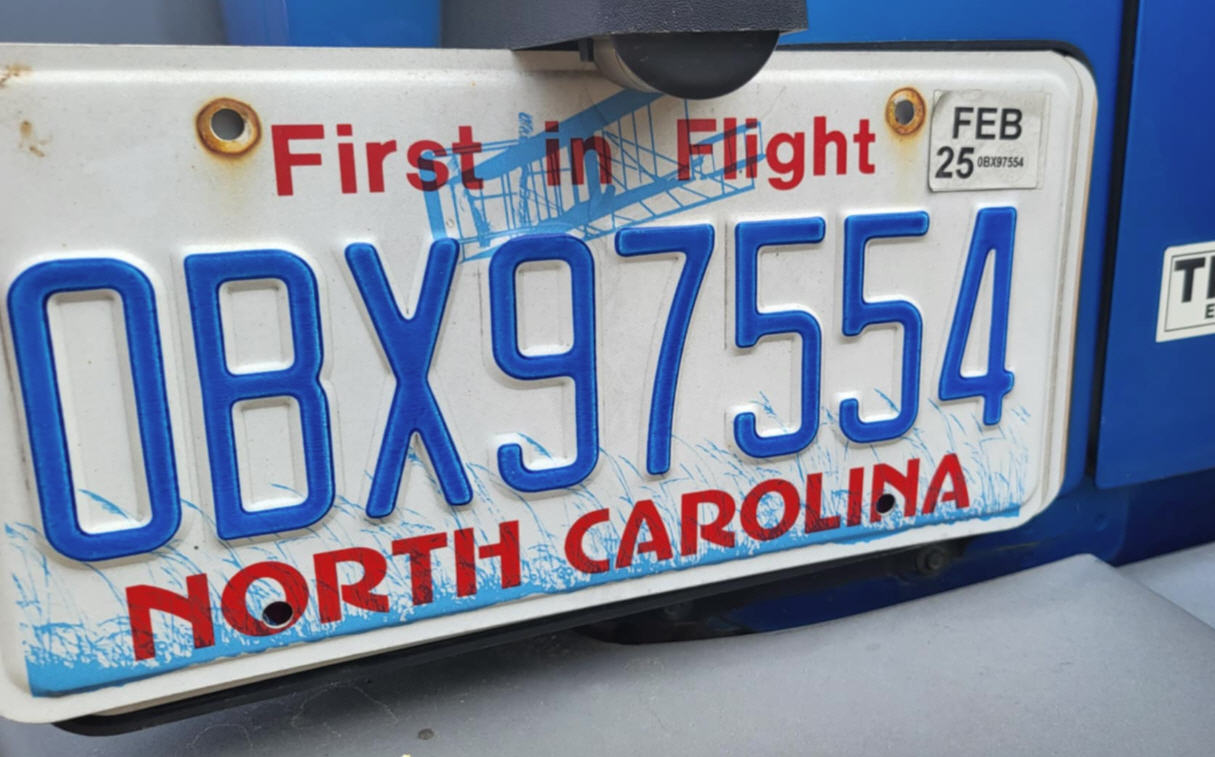Legislative Update: 156 new bills filed this week
The General Assembly recessed early on Thursday, March 12, to allow members time to get their ACC tournament fix but not before introducing 156 new bills this week. Thus far, the legislature has filed 525 bills including several proposed amendments to the North Carolina Constitution.
House Bill 180 is part of the growing list of proposed amendments to the North Carolina Constitution. If passed and signed by the governor, it would be added to the ballot of a future election. The bill seeks to extend terms of the members of the General Assembly to four years beginning in 2020 and limit the Speaker of the House and the President Pro Tem to serving no more than two consecutive regular sessions in that position starting Jan. 1, 2021.
Senate Bill 271, also a proposed Constitutional amendment, also seeks to extend legislative terms to four years but with staggered terms. If the amendment is approved by voters in the 2016 general election during which all members of the General Assembly also are chosen, following that election the Speaker of the House and the President Pro Tem would choose half the members of each chamber to have their terms extended by an additional two years. The remainder of the legislative members would run for election for four-year terms. It also would limit members of the General Assembly to serving four consecutive terms in a legislative chamber. That wouldn’t apply to terms begun prior to Jan. 1, 2017.
HB 203, if passed into law, would replace the gas tax paid at the pumps with a usage fee charged for registered vehicles. The first year of the phase-in, the excise tax would be 18.5 cents and the usage fee charged to vehicle owners would be$89. The second year, gas tax at the pumps would be eliminated and the usage fee would rise to $201 per registered vehicle.
HB 213 is a proposed Constitutional amendment which, if approved by voters, would mandate that only persons duly authorized to practice law in North Carolina who have at least five years’ experience as licensed attorneys in this state shall be eligible for election or appointment as a justice of the Supreme Court, judge of the Court of Appeals, judge of the Superior Court, or judge of District Court. This section shall not apply to persons elected to or serving in such capacities on or before Jan. 1, 1981.
HB 230 also is a Constitutional amendment and seeks to raise the state’s minimum wage from $6.15 to $8.80 per hour. If approved by voters, the change would take place six months after the election in which the measure was passed.. After that adoption, each year on Sept. 30, the North Carolina Department of Labor is to calculate an adjusted minimum wage rate using the consumer price index or its successor index, as calculated by the U.S. Department of Labor. Each adjusted minimum wage rate calculated shall be published and take effect on the following Jan. 1.
Rep. Bob Steinburg, R-District 1, introduced HB 176 that, if passed into law, would mandate the State Board of Education require that, as a component of a social studies course required for graduation, teachers administer a test that consists of the 100 questions from which the United States Citizenship and Immigration Services selects questions for the civics test administered to applicants for naturalization. No more than 10 percent of a student’s grade in the course would be based on the results of that test. Those immigrants taking the test while seeking citizenship are asked 10 of the 100 questions. Selection of the 10 is up to the discretion of the hearing officer.
Click here to see the test.
Senate Bill 200 seeks to remove the requirement for safety inspections on vehicles. It would also eliminate licensing those who do safety inspections and eliminate the fee distribution from safety inspections. Also in the bill are changes in fee distribution for vehicle emissions inspections. The new formula would benefit the Highway Fund and the Division of Air Quality and remove the Volunteer Rescue/EMS Fund and the Rescue Squad Workers’ Relief Fund as beneficiaries.
SB 225 gets down to the birds and the bees! The bill, if signed into law, prohibits local government from adopting or continuing any ordinance or resolution that prohibits anyone from owning or possessing five or fewer bee hives.
SB 275 seeks to reinstate the state’s Earned Income Tax Credit beginning with the 2015 tax year.
SB 277, if made into law, would reinstate the annual Sales Tax Holiday for school supplies and a second one for the purchase of Energy Star appliances that are energy efficient. Before it was repealed, the Sales Tax Holiday for certain school items applied during the first August weekend from Friday until midnight Sunday. The tax exemption of energy efficient appliances was the first weekend in November.
HB 201 changes the rules for municipal zoning protests. The bill instructs that anyone protesting an action should submit a written statement to the clerk for the respective board at least two days prior to the proposed vote; the clerk would forward the letter to the board. And, if passed into law, it would remove the mandate of needing three-fourths of the voting members to approve a protested change; instead, a simple quorum would be needed.
SB 242, if passed into law, would eliminate personal education plans for students who are at risk for academic failure and who are not successfully progressing toward grade promotion and graduation, beginning in kindergarten.
Sen. Bill Cook has filed SB 288, which lays out a process that, if passed into law, would allow those who are barred from purchasing firearms due to mental competency to have their names removed from the National Instant Criminal Background Check System if subsequently found competent by a judge and the clerk who first determined competency agrees. Removal from the system would allow the person to purchase a firearm.
(Sandy Semans is a retired newspaper editor and reporter who now works as a free-lance writer. She lives in Stumpy Point. Her update on the goings-on in this session of the General Assembly will appear weekly in The Island Free Press, usually on Friday.)













